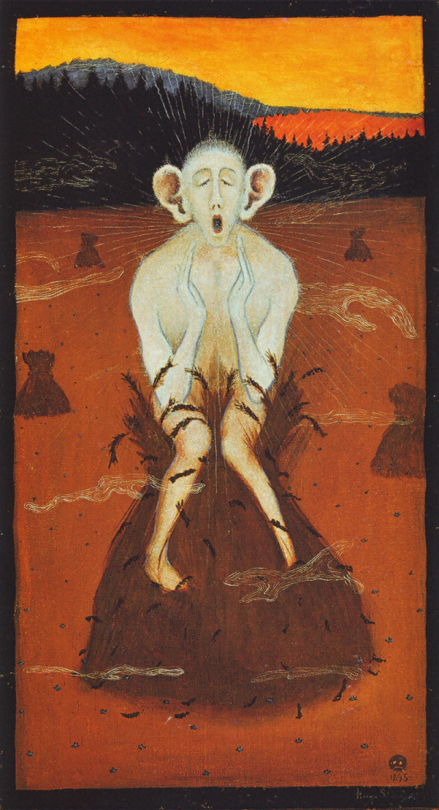German Law Journal, Volume 18, Issue 5
Special Issue »Traditions, Myths, and Utopias of Personhood«
Editors
Toni Selkälä, Mikko Rajavuori (Guest Editors)
and Emanuel V. Towfigh (GLJ Special Issue Editor for this issue)
291 pages, published 1 September 2017, pp. 1017 – 1308
From the Editorial
This month’s special issue – “Traditions, Myths, and Utopias of Personhood”— is an exceptional contribution to the Journal’s long-standing interest in interrogating boundaries in the law. Often that has meant challenging law’s national-jurisdictional frame. But, as our guest editors Toni Selkälä & Mikko Rajavuori from the University Turku demonstrate, there are many other settled frontiers in the law that merit our exploration.
They ask us to consider: what is a person? This seemingly simple question has haunted generations of legal theorists and animated an extensive debate in recent years. Neurosciences, human-pig chimeras, Sandra the orangutan, religious corporations, and ever-more witty artificial intelligence have all sought to expand legal personhood past its human-bound assumptions. All these things, and others, grapple for a place alongside the paradigmatic person: a fully competent adult human being. Yet, on a closer analysis, the paradigm – as well as its challengers – subscribe to the same epistemological tradition. These often-unarticulated ideas are drawn to the fore in this special issue in which a younger generation of scholars tackles the past(s), present(s), and future(s) of legal subjectivity across national, European, and international legal doctrine and theory.
The ten articles trace the traditions, myths, and utopias of personhood. Grounded in diverse theoretical traditions and covering a wide array of jurisdictions and thematic areas, the articles expose and problematize the boundaries of natural and legal personality as they appear in global law today. Animals, cyborgs, embryos, corporations, and sui generis political communities, among other liminal entities, provide the raw material for sweeping arguments that reframe ancient debates on the origins, techniques, and implications of personhood and the many tasks personhood does for law. As a whole, this Special Issue argues for often radical re-orientations of our understanding of personhood and, with that, our appreciation of things.
You see. There’s still so much for us to do, to think, and to dare. I hope this collection will inspire and irritate in equal measure.
(by Russell Miller)
